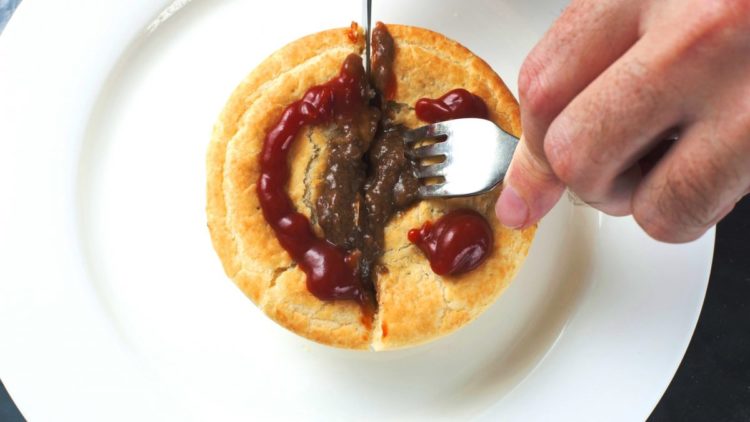
#TechnicalTest: Do NoFollow Outbound Links Have a Positive Impact on Rankings?
Internal links are obviously massively important from an SEO perspective. External links, ditto. Outbound links…maybe? There used to be a bit of debate around whether to include outbound links in your content. From a user perspective it makes perfect sense if it can provide additional background information or give them a resource you don’t host, but for SEOs…those SEOs…
…for SEOs there’s been a bit of negativity around outbound links in the past that continues to cause some confusion. Are they perfectly safe to include in your content, are they actually a beneficial ranking factor or will they rob you of any chance of your content ever ranking competitively?
It’s (hopefully) been a while since any of the negative connotations of outbound links have been taken seriously and any suggestions that this was the case were certainly put to rest by this fantastic study from Reboot (one I consistently use as a reference to justify including relevant outbound links in editorial content) – recommended reading for anyone that hasn’t come across it before. Indeed, Backlinko consistently include outbound links as a ranking factor in their yearly round up of ranking factors, despite the occasional vague rejection that this is the case at all by Google.
Great study nonetheless, last time I had a skim of the comments section, this piqued my interest:

So I thought I’d do a mini test myself and find out if nofollow outbound links did appear to have a similar benefit, for Frederik and for Jimmy but mainly to satisfy my own curiosity.
The set up
I have a real passion for writing fake recipes, so it seemed the obvious subject to base the content around. I created six different versions of the same fake recipe – the manstiepie – and ensured they were all of a similar length and a similar structure, hosted on a blog with a link from the homepage to a single recipe.
Two of the recipes had a nofollow link with the exact match anchor “manstiepie recipe” to authoritative recipe sites with a recipe focus (BBC Good Food, Jamie Oliver). Two of the recipes had a nofollow link with generic anchor text i.e. “this one”, again to authoritative websites (Delia Online, Waitrose). Finally, two of the recipes had no outbound links.
Obviously, the desired outcome would be to see a SERP topped by the exact match, followed by the generic anchor text, then the two recipes without links.
The results
In a word – inconclusive. I was relatively excited to see the site with a nofollow, exact match link sitting in the top spot, but this was followed by a recipe with no link at all, full results of the current SERP are:

…almost there! It’s pretty close to the intended outcome if it wasn’t for that meddling recipe without the link sneaking into the number two spot.
Ideally, I’d like to create a few more variations and get them up and see where they eventually settle. Six is a small sample size, and if newer nofollow exact match outbound links end up in the top spot over the older recipes, it’ll look a little more convincing.
Ultimately, the question is always going to be just how much of an impact this actually has as a ranking factor, and the answer is likely not much over what we know Google is looking for in terms of signals of relevance and authority, but what doesn’t hurt you makes you stronger right?!
BONUS study: How to guarantee recipe featured snippets

Step 1: create a recipe for a completely made up dish
Step 2: watch the clicks come rolling in ????



